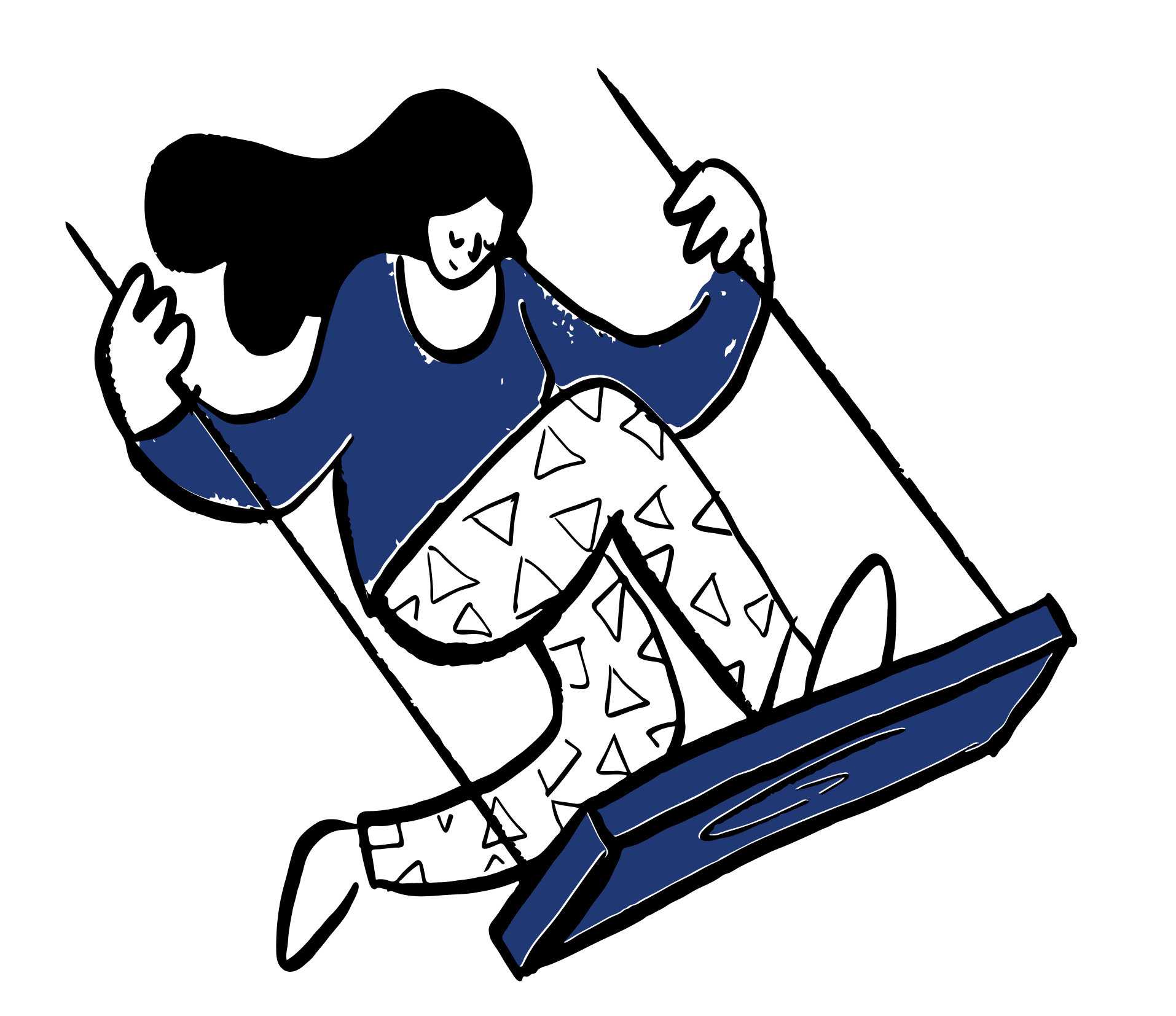What are some of the causes of self-harm?
Self-harm is a complex issue that affects different people in different ways. While your reasons for harming yourself may differ from someone else’s, the most common reason for self-harm is to cope with emotional pain.
If you’re struggling to manage overwhelming emotions such as sadness, anger, anxiety, or self-loathing, you may turn to self-harm as a way to cope or manage your distress. Some other signs you are self-harming to cope with your emotional pain are:
- You use self-harm as a temporary escape from emotional pain or numbness by shifting the focus to physical sensations
- You use self-harm to gain a sense of control when you feel powerless or out of control in other areas of your life
- You use self-harm as a way of expressing intense emotions, such as anger or sadness, that you feel unable to express in other ways
- You use self-harm as a way to feel something when you feel numb or disconnected from your emotions
- You use self-harm as a form of self-punishment, usually when you are feeling guilty or ashamed about something
- You use self-harm as a way to cope with traumatic memories, or to regain a sense of control over your body.
When you hurt yourself, the brain releases chemicals that can make you feel good for a short time. This might be because the physical pain takes your mind off the emotional pain you’re feeling. This, however, is not a healthy or effective long-term solution to cope with your emotional pain.
Some other possible reasons you might self-harm are:
- Peer pressure or influence from others
- As a way to feel in control or empowered
- Curiosity or experimentation
- As a response to trauma or abuse
- To communicate difficult emotions or experiences
- As a way to manage overwhelming feelings of emptiness
- As a way to cope with boredom or a lack of stimulation
- As a response to a specific trigger, such as a phobia or anxiety disorder.
“I started self-harming when I was 12 as a way to deal with the way I felt. ”
When you hurt yourself, the brain releases chemicals which can make you feel good for a short time. This might be because the physical pain takes your mind off the emotional pain you’re feeling. This, however, is not a healthy or effective long-term solution to cope with your emotional pain.
Some other possible reasons you might self-harm are:
- Peer pressure or influence from others
- As a way to feel in control or empowered
- Curiosity or experimentation
- As a response to trauma or abuse
- To communicate difficult emotions or experiences
- As a way to manage overwhelming feelings of emptiness
- As a way to cope with boredom or a lack of stimulation
- As a response to a specific trigger, such as a phobia or anxiety disorder.
It's important to know that hurting yourself is not a good way to deal with emotional pain, and can seriously harm your body and mind. Instead, seeking help from a professional can help you understand why you're feeling that way and learn better ways to cope. When you feel like hurting yourself, there are other things you can do to take care of yourself.
Self-harm is commonly associated with seeking attention, but this may not always be the primary motivation. It communicates that there's something wrong. This is an opportunity for us to offer compassionate support rather than making assumptions ‘they’re just looking for attention’.
Click here to download, save, or print our self-harm fact sheet.





